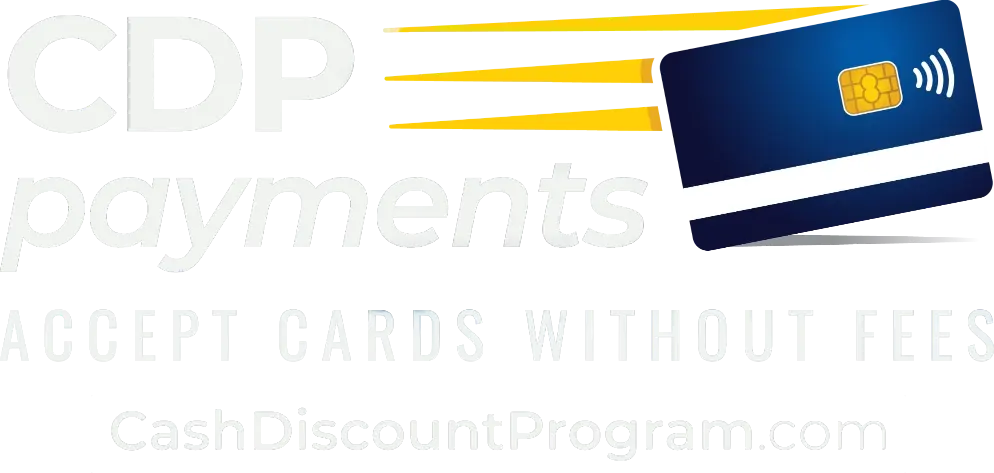Ecommerce Payment Processing
Get Paid Online—With Lower or No Fees
From Shopify to WooCommerce, we integrate with your platform, cut fees, and provide secure, PCI-compliant gateways.
Includes:
- ACH, Apple Pay, Google Pay support
- Fraud protection & PCI compliance
- Minimal or zero transaction fees via dual pricing
